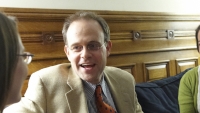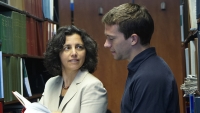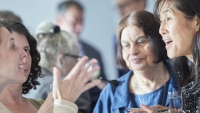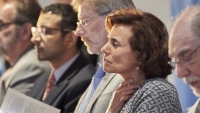Exploring and Shaping the Field of Psychoanalysis

Columbia University Center for Psychoanalytic Training and Research
The Center for Psychoanalytic Training and Research is the preeminent institution for training the next generations of Psychoanalytic providers and researchers. We combine a legacy of clinical and educational excellence with the latest and most forward-thinking approach to the field in today's world. We take pride in providing an engaging, challenging environment supported by a broad curriculum and the best instructors, offering regular feedback and guidance to encourage your growth, personally and professionally. We invite you to learn more about your programs and see how psychoanalysis can benefit you and your patients.






